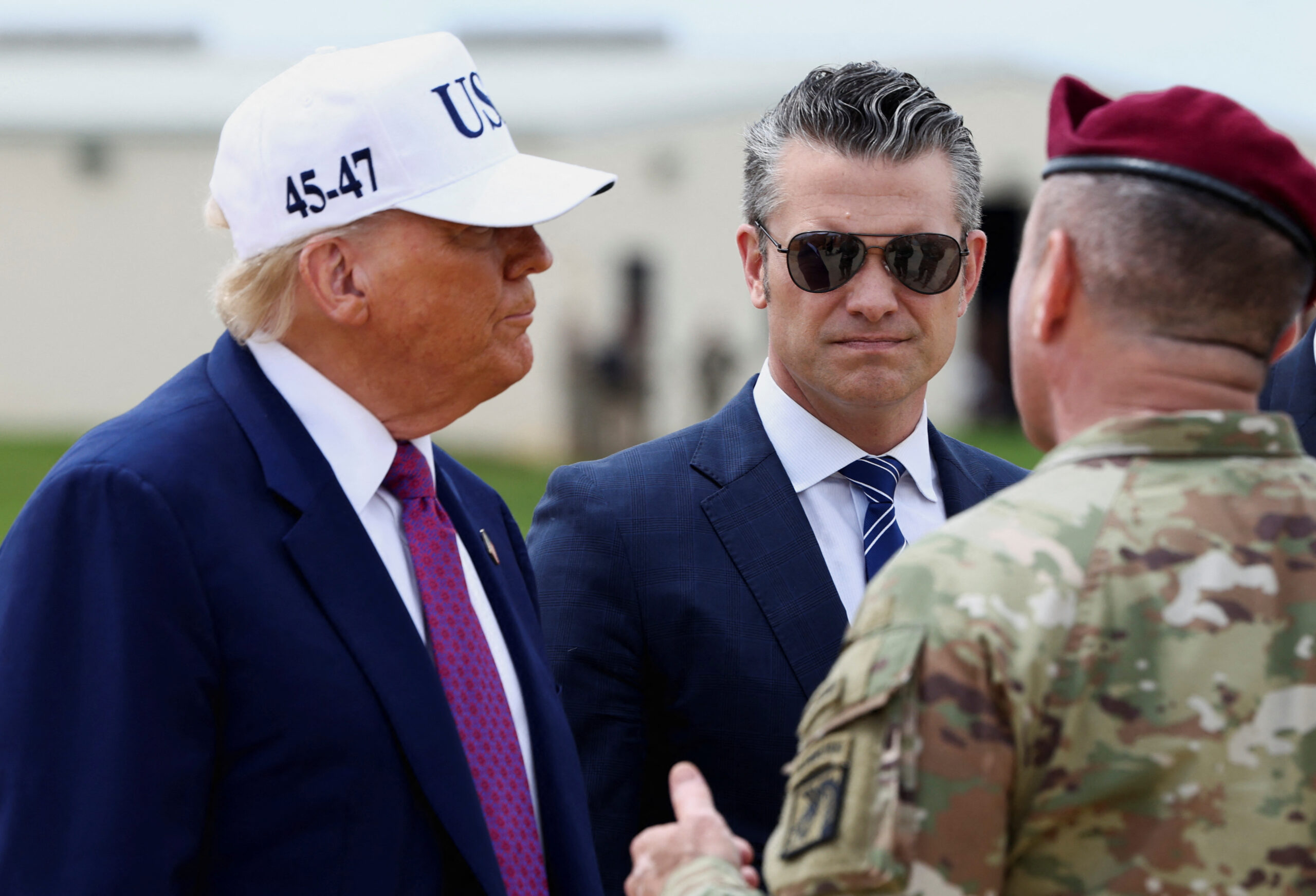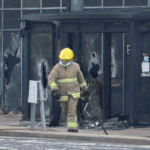
The United States has initiated a partial evacuation of its embassy in Iraq and authorized the voluntary departure of dependents from multiple Middle Eastern locations, including Bahrain, Kuwait and the United Arab Emirates, citing rising regional security concerns.
US Central Command announced Wednesday that Defense Secretary Pete Hegseth had authorized the departure of military dependents in the region while monitoring “developing tension.” The State Department ordered nonessential personnel to leave the already limited-staffed US Embassy in Baghdad, emphasizing its commitment to “keeping Americans safe, both at home and abroad.”
President Trump confirmed the evacuations Wednesday evening, stating the region “could be a dangerous place.” He added, “We’ll see what happens. We’ve given notice to move out, and we’ll see what happens.”
Trump then referenced Iran directly: “They can’t have a nuclear weapon, very simple. We’re not going to allow that.”
Growing uncertainty has emerged as US-Iran nuclear program discussions appear stalled. CBS News reported Wednesday that US officials learned Israel is “fully ready” to attack Iran, with Washington anticipating Tehran might retaliate by targeting “certain American sites in neighbouring Iraq.”
Al Jazeera’s Alan Fisher reported from Washington that high-level military discussions with the Trump administration have intensified amid concerns about the nuclear program. “Donald Trump has in the last couple of days expressed his concern that a deal might not be able to be done,” Fisher noted.
The Baghdad embassy has faced previous partial evacuations over concerns about becoming a target for Iranian-aligned Iraqi militias. Fisher suggested current actions could either reflect genuine concern about failing negotiations or serve as pressure tactics on Iran.
“You will remember that Donald Trump said that if they couldn’t get some sort of deal, then there could be some sort of military action against the Iranians,” Fisher added.
As evacuation reports emerged, Iran’s UN mission responded via social media that “Iran is not seeking a nuclear weapon, and US militarism only fuels instability.” The mission stated that “threats of ‘overwhelming force’ won’t change the facts” and emphasized that “diplomacy–not militarism-is the only path forward.”
Iranian Defense Minister General Aziz Nasirzadeh expressed hope for successful talks while warning of readiness to respond to aggression. “If conflict is imposed on us, the opponent’s casualties will certainly be more than ours, and in that case, America must leave the region, because all its bases are within our reach,” he stated.
“We have access to them, and we will target all of them in the host countries without hesitation,” Nasirzadeh added.
Despite tensions, the sixth round of US-Iran talks regarding nuclear program limits in exchange for sanctions relief remains tentatively scheduled for this weekend in Oman. Trump’s Middle East envoy, Steve Witkoff, is still expected to attend.












Be the first to leave a comment